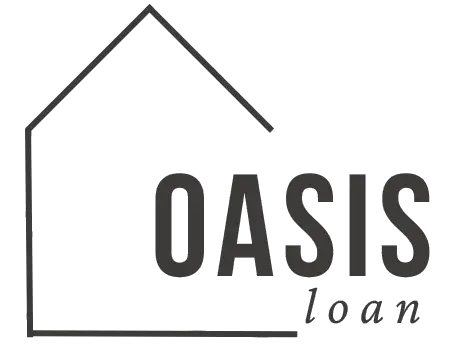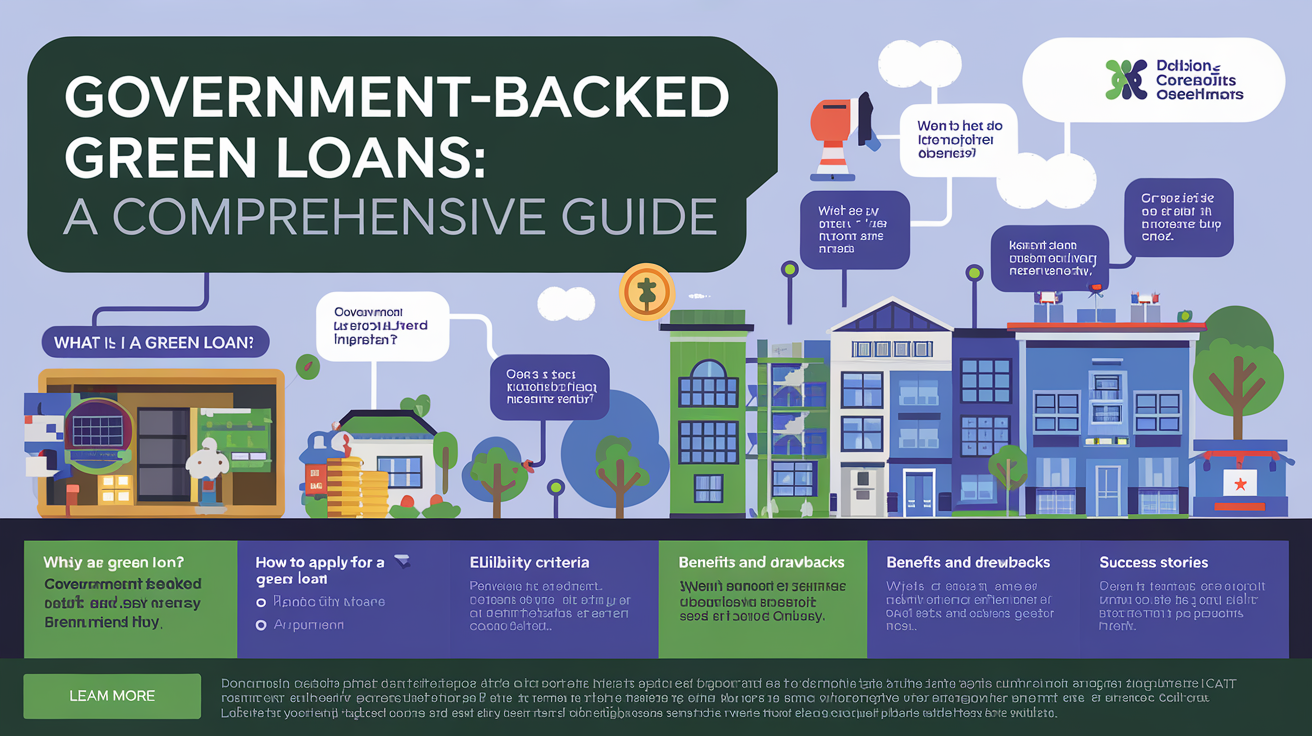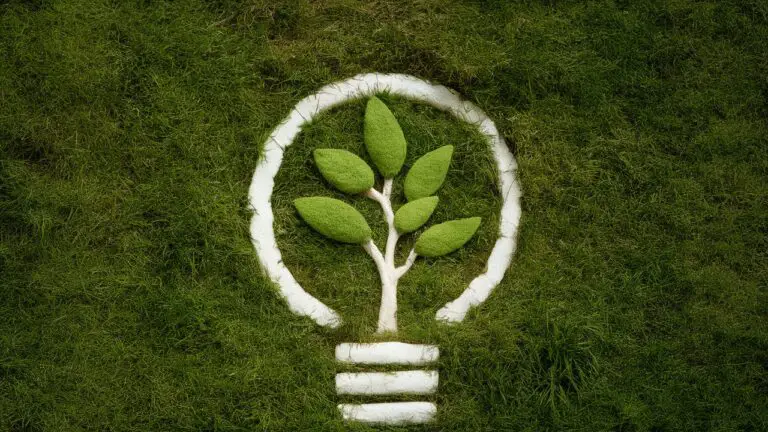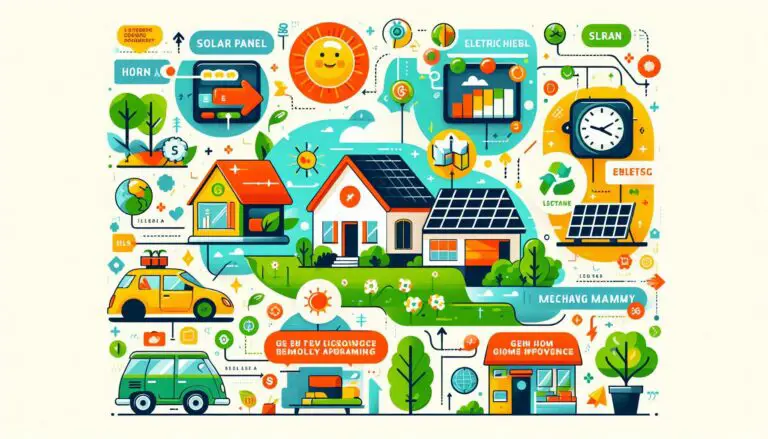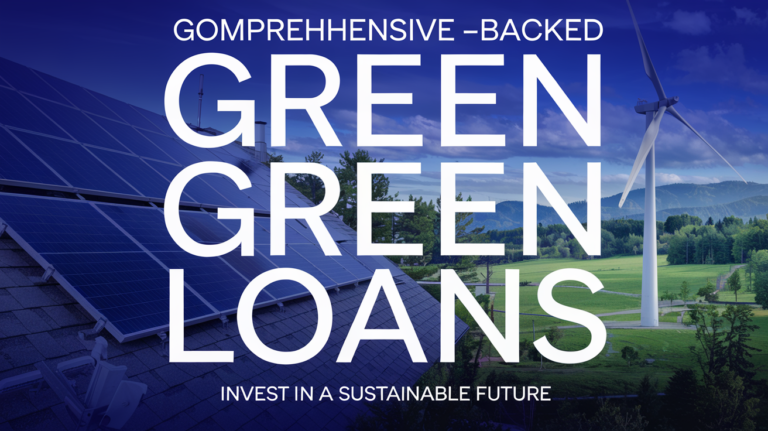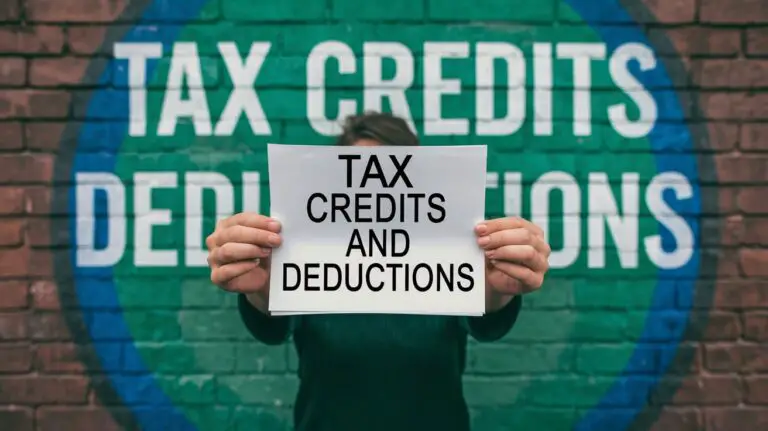Solar Panel Loans and Financing
In recent years, the push for renewable energy sources has made solar panel installations increasingly popular among homeowners. However, the upfront costs of solar panels can be a significant barrier. Fortunately, solar panel loans and various financing options are available to help ease this burden. This article delves into the different types of loans for solar panels, explores their benefits, and offers guidance on how to choose the right financing option for your green home improvement project.
Understanding Solar Panel Loans
What Are Solar Panel Loans?
Solar panel loans are financial products specifically designed to help homeowners fund the purchase and installation of solar energy systems. These loans come in various forms, including personal loans, home equity loans, and specialized solar financing options. Each type has its own terms and conditions, which can affect your overall cost and savings.
Personal loans for solar panels typically have fixed interest rates and fixed repayment terms. They are unsecured loans, meaning they do not require collateral. On the other hand, home equity loans use your home as collateral, often resulting in lower interest rates but potentially risking your home if you default on the loan.
Energy.gov provides more detailed information on solar financing options, which can help you make an informed decision.
Benefits of Solar Panel Loans
Solar panel loans offer several advantages for homeowners looking to invest in renewable energy:
- Immediate Savings: By financing your solar panel installation, you can start saving on your electricity bills right away.
- Flexible Terms: Many solar loans come with flexible repayment options, allowing you to choose terms that fit your financial situation.
- Increased Home Value: Installing solar panels can increase the resale value of your home, making it a valuable investment.
Additionally, certain loans may offer tax incentives or rebates, further reducing the overall cost of your solar system.
Types of Financing for Solar Panels
Personal Loans for Solar Panels
Personal loans are a popular choice for funding solar panel installations. These loans are typically unsecured, meaning you do not need to provide collateral. They offer fixed interest rates and predictable monthly payments.
Pros:
- No collateral required
- Fixed terms and rates
- Quick approval process
Cons:
- Higher interest rates compared to secured loans
- May require a good credit score
For more information on personal loans for solar panels, check out this guide from NerdWallet.
Home Equity Loans and HELOCs
Home equity loans and Home Equity Lines of Credit (HELOCs) allow homeowners to borrow against the equity in their homes. These options often come with lower interest rates compared to unsecured loans.
Pros:
- Lower interest rates
- Potentially larger loan amounts
- Interest may be tax-deductible
Cons:
- Risk of foreclosure if you default
- Requires significant equity in your home
To understand the differences between home equity loans and HELOCs, visit Investopedia.
Specialized Solar Financing
Specialized solar financing options are designed specifically for solar energy projects. These include:
- Solar Leases: You pay a monthly fee to use the solar equipment, with no ownership rights.
- Power Purchase Agreements (PPAs): You pay for the electricity produced by the solar panels at a predetermined rate.
Pros:
- No upfront costs
- Lower monthly payments compared to traditional loans
Cons:
- You do not own the solar panels
- Long-term costs may be higher
For more details on solar leases and PPAs, refer to Solar Energy Industries Association.
Choosing the Right Financing Option
Assess Your Financial Situation
Before selecting a financing option, assess your financial situation. Consider factors such as your credit score, income, and existing debt. This will help you determine which type of loan is most suitable for your needs.
Tips:
- Check your credit score for eligibility.
- Calculate your budget to determine how much you can afford to pay monthly.
- Compare interest rates and terms from different lenders.
Research Loan Terms and Conditions
Carefully review the terms and conditions of each loan option. Pay attention to interest rates, repayment periods, and any fees or penalties associated with early repayment.
Checklist:
- Interest rates (fixed or variable)
- Repayment terms (length and flexibility)
- Fees (origination, prepayment, etc.)
Consider Long-Term Savings
While the initial costs of solar panel loans may seem high, consider the long-term savings on your energy bills. Evaluate how much you can save over the life of the loan and how quickly you can recoup your investment.
Factors to Consider:
- Expected energy savings
- Impact on home value
- Potential tax incentives
Resources
For additional information on solar panel financing and green home improvement loans, explore the following resources:
- Solar Energy Financing Guide by Energy.gov
- Personal Loans for Solar Panels on NerdWallet
- Understanding Home Equity Loans from Investopedia
Conclusion
Choosing the right solar panel loan or financing option involves understanding your financial situation, comparing different types of loans, and assessing the long-term benefits of your investment. By carefully considering your options and doing thorough research, you can make an informed decision that supports your green home improvement goals.
